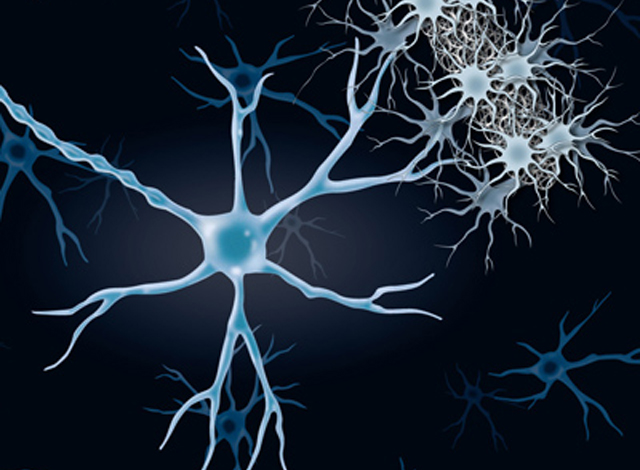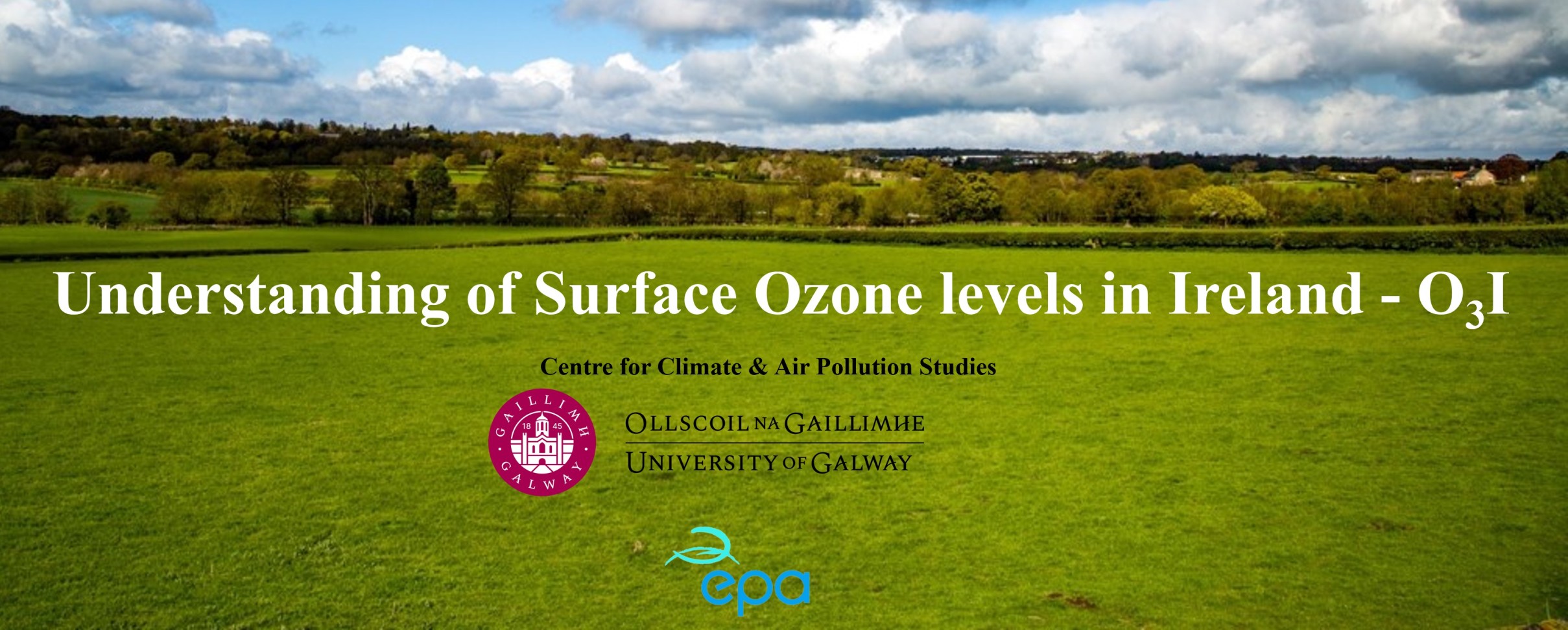-
Courses

Courses
Choosing a course is one of the most important decisions you'll ever make! View our courses and see what our students and lecturers have to say about the courses you are interested in at the links below.
-
University Life

University Life
Each year more than 4,000 choose University of Galway as their University of choice. Find out what life at University of Galway is all about here.
-
About University of Galway

About University of Galway
Since 1845, University of Galway has been sharing the highest quality teaching and research with Ireland and the world. Find out what makes our University so special – from our distinguished history to the latest news and campus developments.
-
Colleges & Schools

Colleges & Schools
University of Galway has earned international recognition as a research-led university with a commitment to top quality teaching across a range of key areas of expertise.
-
Research & Innovation

Research & Innovation
University of Galway’s vibrant research community take on some of the most pressing challenges of our times.
-
Business & Industry

Guiding Breakthrough Research at University of Galway
We explore and facilitate commercial opportunities for the research community at University of Galway, as well as facilitating industry partnership.
-
Alumni & Friends

Alumni & Friends
There are 128,000 University of Galway alumni worldwide. Stay connected to your alumni community! Join our social networks and update your details online.
-
Community Engagement

Community Engagement
At University of Galway, we believe that the best learning takes place when you apply what you learn in a real world context. That's why many of our courses include work placements or community projects.
Ozone levels in Ireland
Understanding of Ozone Levels in Ireland
O3I
The Center for Climate and Air Pollution Studies (CCAPS) is investigating changes in atmospheric composition and how they influence local to global pollution, impacting human and planetary health. The vision focuses on having cutting-edge observational and predictive capabilities to understand atmospheric composition changes from nanoscale processes to global impacts, including surface-based real-time networks and spaceborne observations. CCAPS aims to be the leading voice nationally in promoting knowledge transfer and supporting policy development and education in the areas of atmospheric, climate, and air pollution sciences.
"The Understanding of Ozone Levels in Ireland" is a project of CCAPS at the University of Galway, funded by the Environmental Protection Agency (EPA) Ireland. The main objective of this project is to close the knowledge gap on contributions to ozone pollution in Ireland and deliver scientific support for the development of effective national mitigation strategies. The outcomes of these studies have the potential to significantly impact air quality research, providing valuable insights into environmental management and public health in Ireland.
Scientific Meeting (Online) - 21st May 2024
Understanding Tropospheric Ozone: Measurements, Modelling, and Mitigation
Tropospheric ozone, a major air pollutant, poses significant challenges to environmental sustainability and public health. Despite advances in the measurement and modelling of tropospheric ozone over the past number of decades, there remains some uncertainty regarding the key drivers affecting background ozone concentrations in the Northern Hemisphere.The Centre for Climate and Air Pollution Studies at the University of Galway is hosting an online meeting to generate scientific discussion on the drivers of change in Tropospheric ozone levels over Europe and the North East Atlantic. The formation of an effective policy to limit ozone pollution requires a comprehensive understanding of atmospheric dynamics, atmospheric photochemistry, composition, transport, meteorology, and the impact of a changing climate. The meeting aims to expand the scientific cooperative network, articulate the most current scientific understanding of drivers of ozone pollution, and infusion of scientific and technical expertise into policymaking for the North Atlantic and European region.


















